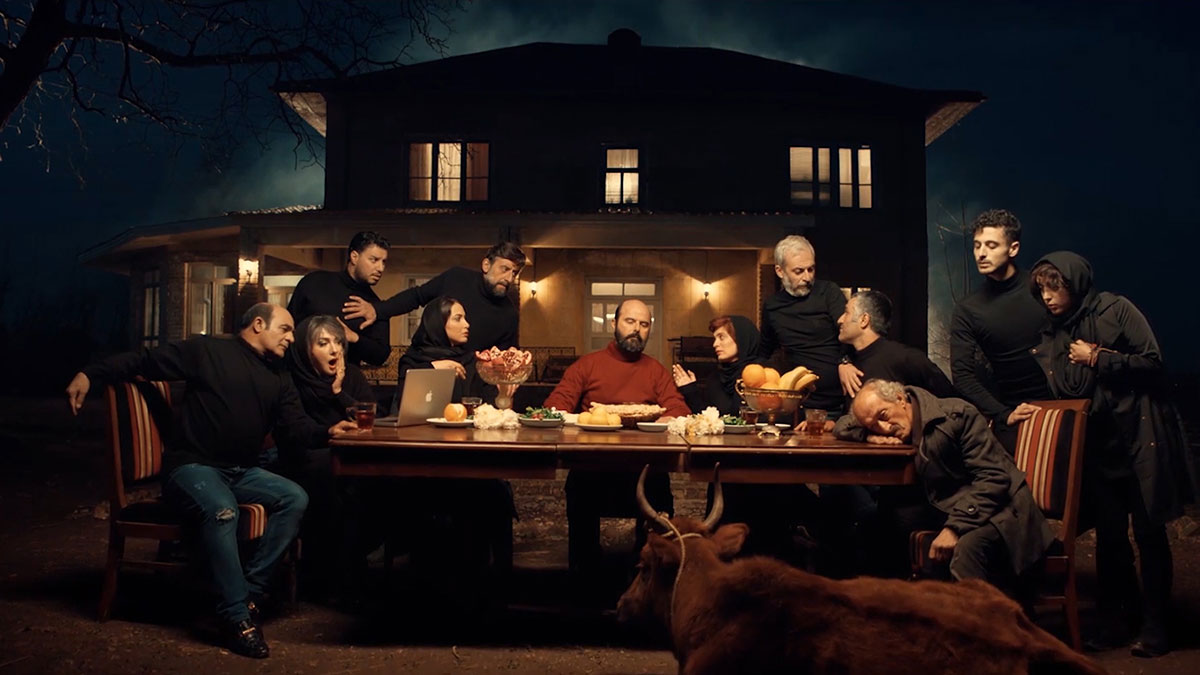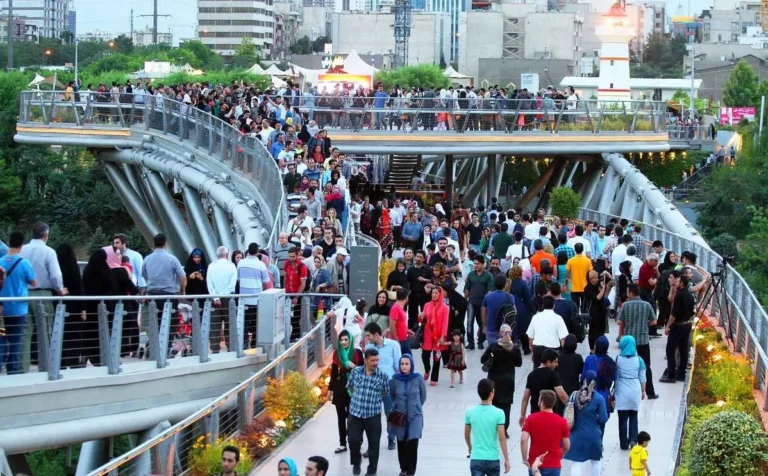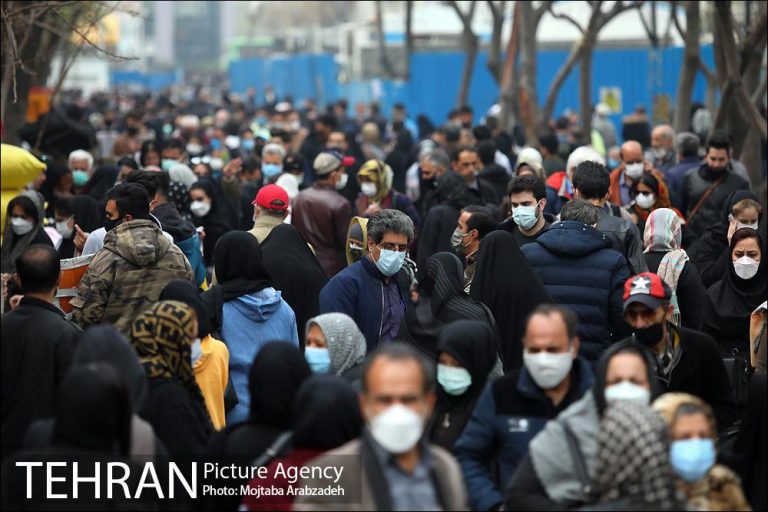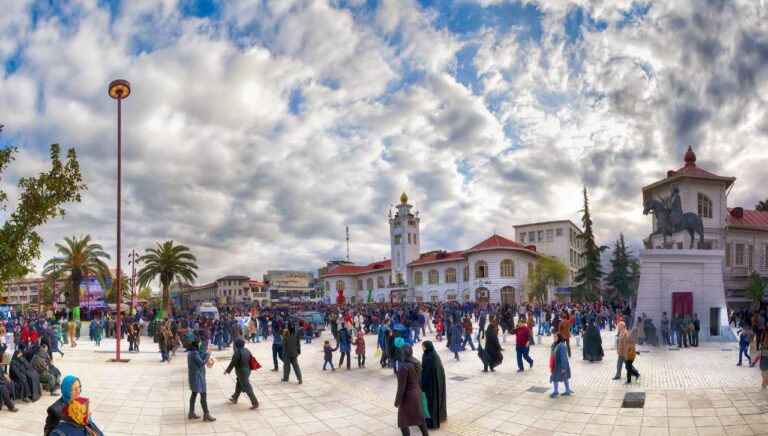Introduction
In the realm of international business, understanding local customs and hospitality practices is key to making a positive impression and nurturing successful partnerships. In Iran, where hospitality is deeply ingrained in the culture, recognizing and respecting these traditions can significantly impact the outcomes of business engagements. This article explores the nuances of Iranian hospitality and offers practical insights into business etiquette that foreign investors should consider when entering the Iranian market.
The Essence of Iranian Hospitality
Iranian hospitality, or “ta’arof,” is a cultural hallmark that goes beyond mere politeness. It reflects a long-standing tradition of graciousness and respect for guests, rooted in the country’s rich history and social values. Iranians take pride in ensuring that visitors feel welcomed and honored, often going to great lengths to provide comfort and establish rapport.
Key Aspects of Iranian Hospitality
- Warm Welcomes: Expect to be greeted warmly. Iranians often express joy and excitement at the presence of guests, which may include physical gestures like handshakes or hugs among close acquaintances. A firm but friendly handshake sets a positive tone for business discussions.
- Offerings of Refreshments: When attending meetings or visits, be prepared for a generous offering of refreshments such as tea, coffee, or sweets. Accepting these offerings is customary and shows appreciation for your host’s hospitality. It is polite to engage in conversation while enjoying these treats.
- Reciprocity in Hospitality: In Iranian culture, hospitality is reciprocal. When an invitation is extended, it’s customary for the guest to return the gesture by inviting the host to their home or another venue. This exchange of hospitality contributes to the development of long-standing business relationships.
- Gifts as a Gesture of Respect: Bringing a small gift, such as sweets, flowers, or traditional handicrafts, can be a thoughtful way to express gratitude to your host. Presenting it with both hands while making eye contact conveys sincerity and respect.
Navigating Business Meetings and Communication
Building Rapport
In Iran, fostering a personal connection is essential before diving into business discussions. Take time to engage in small talk and express interest in your host’s family, culture, and interests. This approach not only humanizes the interaction but also creates a sense of trust, paving the way for more productive negotiations.
Dress Code
Dress modestly and professionally when attending business meetings. Iranian norms favor conservative attire that reflects respect for the local culture. For men, a suit and tie are standard; for women, long sleeves and skirts or dresses that cover the knees are typically appropriate. It’s advisable to be well-groomed and presentable.
Communication Etiquette
Iranians often employ indirect communication styles and may prefer to navigate around sensitive topics subtly. Pay attention to nonverbal cues and be mindful of the tone of discussions. Direct confrontation or overly aggressive negotiation tactics may be perceived as disrespectful, potentially undermining what could be a fruitful partnership.
When discussing business, expect to negotiate leisurely. Patience is vital, as the Iranians value a thorough understanding of terms before making decisions. Allow room for open dialogue and, when disagreements arise, approach them diplomatically.
Understanding Cultural Nuances
Respect for Tradition
Acknowledging the rich history and culture of Iran can enhance your rapport with local partners. Familiarizing yourself with key elements of Persian culture, such as poetry, art, and historical sites, can provide common ground for conversation and demonstrate your respect for their heritage.
Holidays and Observances
Iran has various national holidays and observances that can impact business operations. Notably, the Iranian New Year, or “Nowruz,” is a significant celebration marking the arrival of spring. During this time, businesses may close for several days, so it is prudent to plan meetings around these dates.
Personal Space and Boundaries
Personal space in Iran may differ from Western norms. While handshakes are common among colleagues of the same gender, physical contact between unrelated men and women is generally avoided. A polite smile and a nod can substitute for a handshake in mixed-gender situations.
Learn more about all IRAN Business Gate services. Click here for detailed information!
Conclusion
Understanding and respecting Iranian hospitality is crucial for foreign investors looking to succeed in Iran’s vibrant business landscape. By embracing the customs and etiquette that define this rich cultural experience, you can forge strong connections and foster productive partnerships.
At Iran Business Gate, we recognize the importance of cultural insights in navigating the Iranian market. We offer a range of services designed to assist those interested in entering Iran, from market research to local partnership facilitation. If you are ready to take the next step in exploring the opportunities that await in Iran, our team is here to support your journey and help you thrive in this unique business environment. Connect with us today to learn more!
Let's Talk Now!
Your thoughts and questions matter to us! At IRAB Business Gate, we are eager to hear from you.



